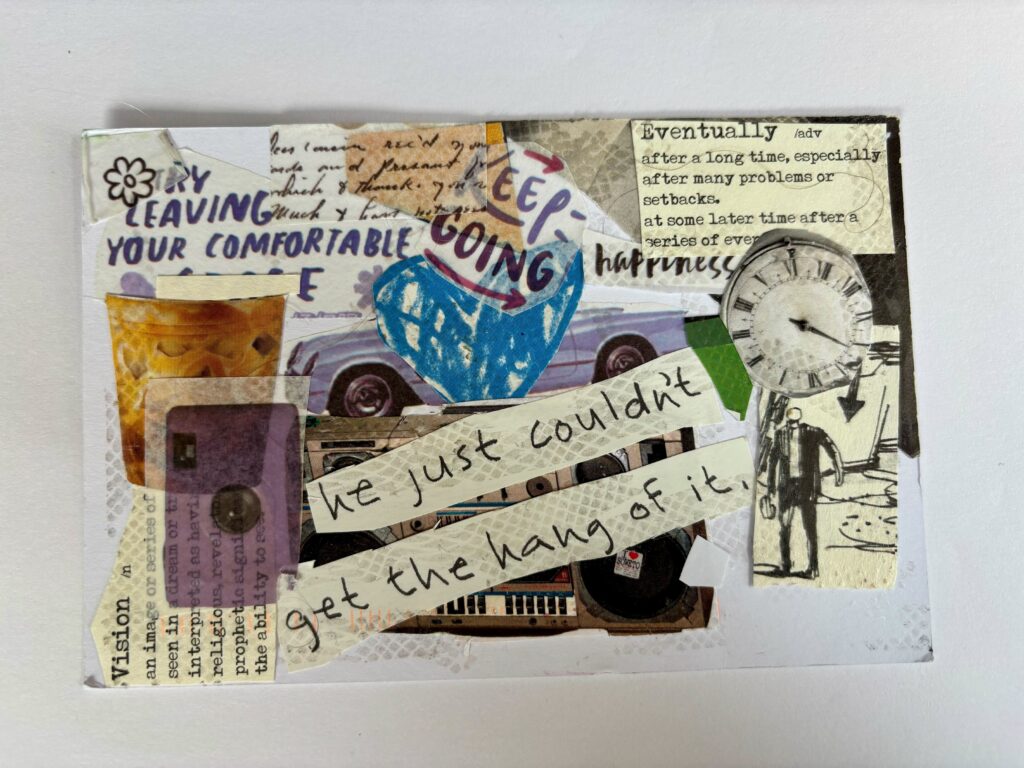Learning what to say and what not to say to someone dealing with cancer or other medical crisis isn’t always easy….especially if you have never gone through something similar yourself. Young adult patients or caregivers often find their peer group to be ignorant of the challenges of directly dealing with illness. It is easy in these situations to attempt to be supportive and to accidentally fail. As young adults we are often quite focused on how our own budding careers, relationships, homes, etc. are doing…how are they evolving and responding to our growing adult hood. It is a difficult lesson to learn when things are and are not about you. It is difficult to learn how not to say the wrong thing.
I heard an entire barrage of inappropriate things when I was dealing with my mother’s cancer and then my own. From a caregiver’s perspective, when my mother was dying, I had friends who would come into town, we’d go out to lunch, and they wouldn’t mention anything about my mom….you can’t just ignore the big horrible thing happening in someone’s life. From a patient’s perspective, while I was going through chemo, I had a friend call and spend 20 minutes complaining about how much she hated a class she was taking before even asking me how I was feeling. In those situations, it was about me. I needed support and comfort. Now that I am officially in remission, there are many more times when the situation I am in is about someone else and not myself. In these situations it is my turn to make sure that I am being supportive and comforting.
Here is the real problem though…Many of the what not to say rules are dependent on the individuals involved. What might seem very supportive and awesome to one person may come off as dismissive and presumptuous to someone else. For instance, I really didn’t like it when people told me that I was looking great. A few moments that stand out most prominently in my mind are ones when someone told me that I looked fantastic and I was actually feeling horribly sick. Another individual may find this comment about how wonderful they look to be uplifting. A good, general rule of thumb is to ask questions instead of giving responses. Learning how not to say the wrong thing is so much easier when you take the lead from the person you are with.
Instead of…
wow, you look great!
try…
how are you feeling my dear?
This allows the patient or caregiver to feel comforted and supported while also being able to decide how they feel and look before someone tells them otherwise. When so much of a person’s life is being decided by the cancer or long term illness that they are dealing with, it is really powerful to be given control over something…even if that something is just deciding how they feel.
For some other reading on what others have said about what not to say to someone with cancer or in crisis, you can find my favorite article here and another really good one here.







